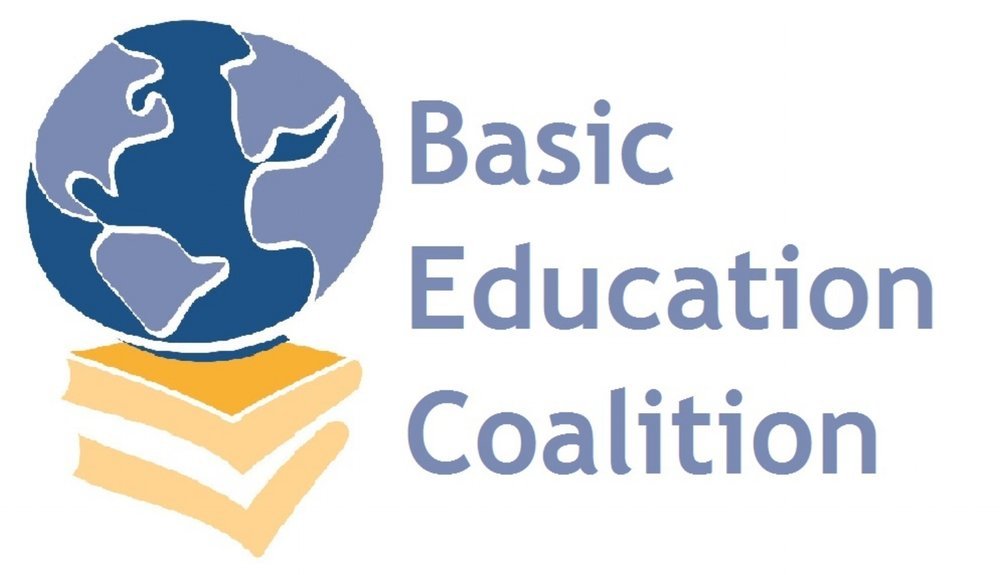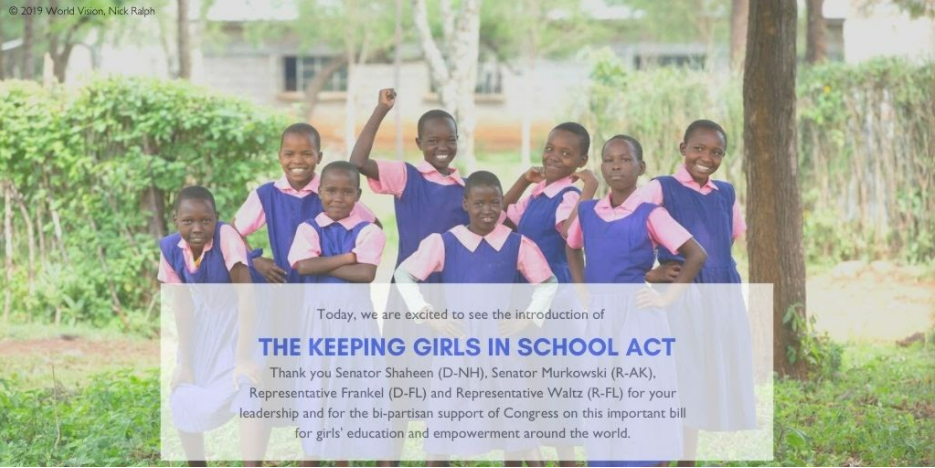Tuesday, on the International Day of Education, U.S. Reps. Grace Meng, (D-NY) New York’s senior Member of the House Appropriations Committee, Mike Quigley (D-IL), Founder and Co-Chair of the bipartisan International Basic Education Caucus, and Brian Fitzpatrick (R-PA), Co-Chair of the International Basic Education Caucus, announced that they introduced a bipartisan resolution that reaffirms U.S. support for access to education, globally.
The resolution highlights how access to education is critical for reducing poverty, improving peace and security, and increasing economic prosperity. Millions of students were out of school in countries across the globe as a result of the COVID-19 pandemic. Millions more remain out of school and face multiple barriers to education. In recognition of the United States’ role in addressing the challenges students face to accessing education across the globe, the resolution calls for:
The U.S. Government to integrate education in all humanitarian response efforts, both bilateral and multilateral;
The U.S. Government to meet its various commitments to international basic education through its annual budget requests; and
The State Department and the U.S. Agency for International Development to use all means at its disposal to promote access to quality education, globally, and commit to prioritizing quality and inclusive education for children and youth in emergency and crisis settings.
“Millions of children and youth around the world do not have access to quality education,” said Congresswoman Meng. “It is imperative that the United States continues to make substantial investments in bilateral basic education as well as multilateral mechanisms like the Global Partnership for Education and Education Cannot Wait, which are working to improve learning outcomes for the poorest and most marginalized children worldwide. On the International Day of Education, I am honored to lead a bipartisan resolution with my colleagues, Representatives Quigley and Fitzpatrick, to underscore Congress’ commitment to continuing U.S. leadership that ensures students have the educational tools to succeed. I look forward to the House passing our resolution and working with the Biden-Harris Administration to realize its goals.”
“The global COVID-19 pandemic and international conflicts have demonstrated the ongoing need for U.S. leadership in prioritizing education access for all children and youth,” said Congressman Quigley. “As co-chair of the International Basic Education Caucus and co-chair of the Congressional Ukraine Caucus, I have seen firsthand the need to protect global access to quality education. Education is the gateway to a successful future. Together, we can protect that future for generations around the globe.”
“To make meaningful progress in education on the international scale, our alliance with the Global Partnership for Education (GPE) is critical,” said Congressman Fitzpatrick. “The COVID-19 pandemic created even more barriers to entry for educational access, and Congress must continue to support the GPE in a bipartisan way to bolster access to quality education.”
“On the 5th International Day of Education, Jesuit Refugee Service/USA commends Congress for placing a spotlight on the importance of continued U.S. support for international education programs including those that meet the needs of children and youth affected by crisis and conflict,” said the Jesuit Refugee Service/USA (JRS/USA). “With over 103 million people currently displaced from their homes, students face significant odds in accessing a safe, inclusive, and quality education. Through multilateral partners, including Education Cannot Wait, and with leadership from members of Congress, including Rep. Grace Meng, Rep. Mike Quigley, and Rep. Brian Fitzpatrick, the U.S. is well-positioned to address these challenges and ensure that everyone has the opportunity to achieve an education.”
“Today, on International Day of Education, more than ever, we emphasize the importance of access to quality, inclusive education. The Basic Education Coalition applauds Reps. Meng, Fitzpatrick, and Quigley for their valued leadership on international education by introducing this bipartisan resolution affirming the role of the U.S. in improving access to quality education globally,” said Nancy Devine and Candace Debnam, Co-Chairs of the Basic Education Coalition. “Investing in education has a high-impact ripple effect, as it also reduces poverty, advances economic prosperity, improves peace and security, and strengthens public health. We look forward to continued collaboration with Congress, alongside the Biden administration, to make the goals of this resolution a reality.”
“COVID-19 disrupted schooling for children everywhere, and school closures still affect 616 million children globally. Without action, millions of children could miss out on the foundational learning that is their right,” said Dr. Joanne Carter, Executive Director of RESULTS. “By investing in foundational learning and the right to education for every child, the U.S. strengthens the global effort against poverty and helps ensure every child has access to the quality learning that they deserve. As a network of grassroots advocates, RESULTS and our partners support the International Day of Education and urge bold continued U.S. commitments to global education."
“Global Campaign for Education-US is proud to support the Bipartisan Congressional Resolution Affirming the Role of the U.S. in Improving Access to Quality Education Globally,” said Jennifer Rigg, Executive Director of Global Campaign for Education-US. “At a time when 617 million children are unable to read and complete basic math, the need for robust U.S. government support to bilateral education programs and multilateral partnerships, including the Global Partnership for Education and Education Cannot Wait, is greater than ever. We applaud Representatives Meng, Fitzpatrick, and Quigley for their leadership, and urge the U.S. government to swiftly support this vital bipartisan resolution.”
“Quality education empowers children and young people, breaking the cycle of poverty and safeguarding their health and well-being. Two-thirds of all 10-year-olds are unable to read or understand a simple story. On this International Day of Education, we ask Congress to act with urgency,” said Michael J, Nyenhuis, UNICEF USA CEO and President. “We express gratitude for the U.S. government’s leadership on international basic education and urge increased bilateral and multilateral investments to stem the learning crisis and reach the world’s most vulnerable children.”
The bipartisan resolution is endorsed by RESULTS, the Global Campaign for Education-US, the Basic Education Coalition, Jesuit Refugee Service, Magis Americas, Childhood Education International, Save the Children, World Learning, Right to Play, Winrock International, and UNICEF USA.
A copy of the resolution is available here.










